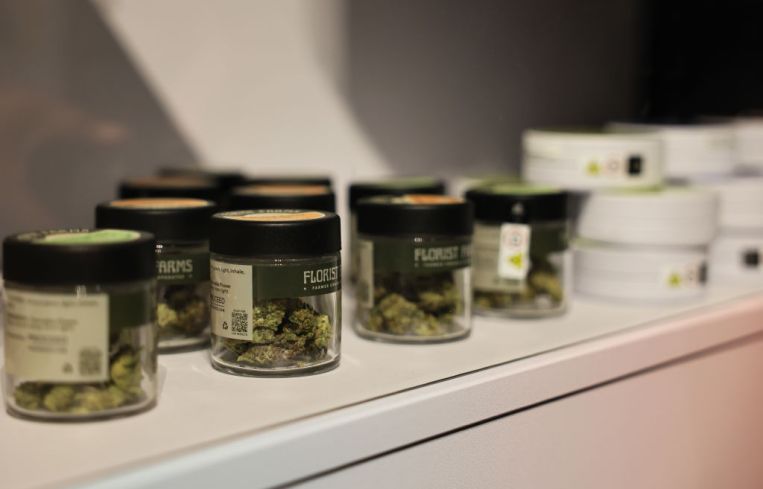Tax Revenue From New York’s Legal Cannabis Market Falling Short of Other States
By Nicholas Rizzi June 20, 2023 2:15 pm
reprints
The first year of legal weed sales in New York state was an “unmitigated disaster” with tax revenue well behind the amounts collected by other states during their first years, according to a new report from a medical marijuana trade group.
New York projected it would generate $56 million in tax revenue from cannabis sales during the first year. That’s far below the $1.07 billion California collected during its first full year of legal marijuana and just slightly above the $42 million Montana brought in during its first year of sales in 2022, according to the report by the Coalition for Access to Regulated & Safe Cannabis (CARSC).
Most of New York’s tax revenue, $40 million, will come from license fees and not from dispensary sales. CARSC pinned the blame for the paltry tax money on the state Office of Cannabis Management’s (OCM) “anemic pace” of granting licenses to open dispensaries, which has led to a thriving black market of illegal operators setting up storefronts around New York City in particular.
“The current state of the cannabis market in New York is an unmitigated disaster,” the Rev. Kirsten Foy of CARSC said in a statement.
A spokesperson for OCM did not immediately respond to a request for comment.
New York legalized marijuana in 2021 but then-Gov. Andrew Cuomo dragged his feet on appointing people for the group responsible for awarding licenses to sellers. That changed once Kathy Hochul took over as governor in August 2021, and the state’s first dispensary opened in December 2022.
Even though Hochul moved quicker than Cuomo in getting the legal cannabis market operating, CARSC criticized the red tape required to get a dispensary license and open, with only 12 operating so far. In the meantime, scores of illegal weed bodegas cropped up around the city with lawmakers frantically trying to put them out.
“New York state has a cannabis market of enormous potential that should be on track to raise hundreds of millions in dollars to support vital social services,” Mitchell Moss, an urban policy professor and director of the Rudin Center for Transportation at New York University’s Robert F. Wagner Graduate School of Public Service, said in a statement issued by CARSC. “Unless the governor and legislature take steps now, all New Yorkers will suffer.”
Nicholas Rizzi can be reached at nrizzi@commercialobserver.com.



